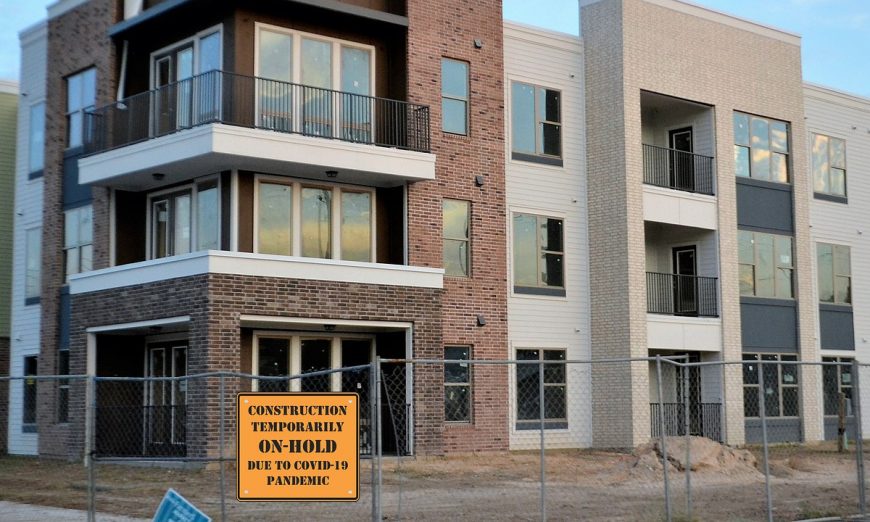Development experts from the Urban Land Institute gave a presentation to Santa Clara Planning Commissioners at a special session on Monday, June 15. Drew Hudacek, Development Officer for Sarges Regis Group, Libby Seifel, President of Seifel Consulting and Jan Lindenthal, Development Officer at MidPen Housing spoke about the current development landscape in the Bay Area with a focus on Silicon Valley in light of the COVID-19 pandemic.
“Development is getting more and more complicated everyday both physically and economically,” explained Hudacek.
They highlighted the huge risks that developers undertake to get projects built and how COVID-19 has considerably exacerbated those risks, stating that the most favorable economic conditions generally spur development and even a slight leveling off of the market can stall progress. Given that the pandemic has caused a dramatic economic downturn, it’s to be expected that new development will be slow in 2021 and 2022.
“As we’re experiencing this coronavirus, industrial and multifamily apartments are generally holding up well or fairly well, office is somewhere in the middle, and retail and particularly hospitality are absolutely decimated at the moment,” said Hudacek.
Challenges also exist for projects with construction currently underway. County health orders have placed strict policies on how contractors can run construction sites due to COVID-19. Workers must aim to maintain six feet of social distance from each other, spend meal breaks alone and not carpool to reduce transmission. Sanitation standards have also been elevated and additional workers hired to enforce new policies. Contractors are tasked with figuring out how to keep work moving on schedule amidst these challenges that amount to between 10 and 25 percent losses in productivity.
“The longer it takes for projects to be developed the more costly it is, the more return that needs to be sought, and because so much can go wrong with acquisition, design, entitlement, or in the case of COVID-19, something entirely unexpected — that has to be priced into how developers move forward with their projects,” said Seifel.
The presenters also addressed COVID-19’s impact on affordable housing creation. The Bay Area’s housing affordability crisis was intractable even before the pandemic though many cities have expanded their development pipelines to include units in a broader range of affordability levels including for middle income households that in the past wouldn’t quality for affordable housing programs but also couldn’t afford to purchase property. It’s estimated that in 2020 the pandemic will cause $1.5 billion in losses to the State of California’s affordable housing sector.
Discussion included commentary on the recent example of the Gateway Crossings project by developer Hunter Storm in which the construction timeline was changed due to COVID-19. The Commission had recently approved a request to modify the development agreement to build the hotel portion on the project in Phase 2 instead of Phase 1 because of the detrimental effect that the pandemic has had on the hospitality industry. Planning staff said that there’s currently no blanket policy for timeline changes and that individual requests from developers have to be granted by the same body that approved the project.
“I do expect some developments to get delayed because of the COVID crisis,” said Commissioner Steve Kelly. “I’m in the mindset that they’re probably hurting financially, they’re going to probably have greater losses because of the delays and the economic situation we’re currently in.”
Hudacek responded that capital markets froze in March and April due to the pandemic, and so for many projects that were planning on breaking ground in 2020 or 2021, the financing evaporated. Such projects will likely need to be granted timeline extensions from the City in order to secure financing to stay viable.
The Planning Commission meets next on Wednesday, July 15.
Correction: It’s estimated that the COVID-19 pandemic will cause $1.5 billion in losses to the State of California’s affordable housing sector, not to the County of Santa Clara’s affordable housing sector.








Seems like this is just an excuse to extract more concessions from cities. Development projects are not risk-free, and the rewards are plenty for these developers. Some of the wealthiest individuals are real estate developers, so I feel no reason to give more concessions because they are “hurting”.